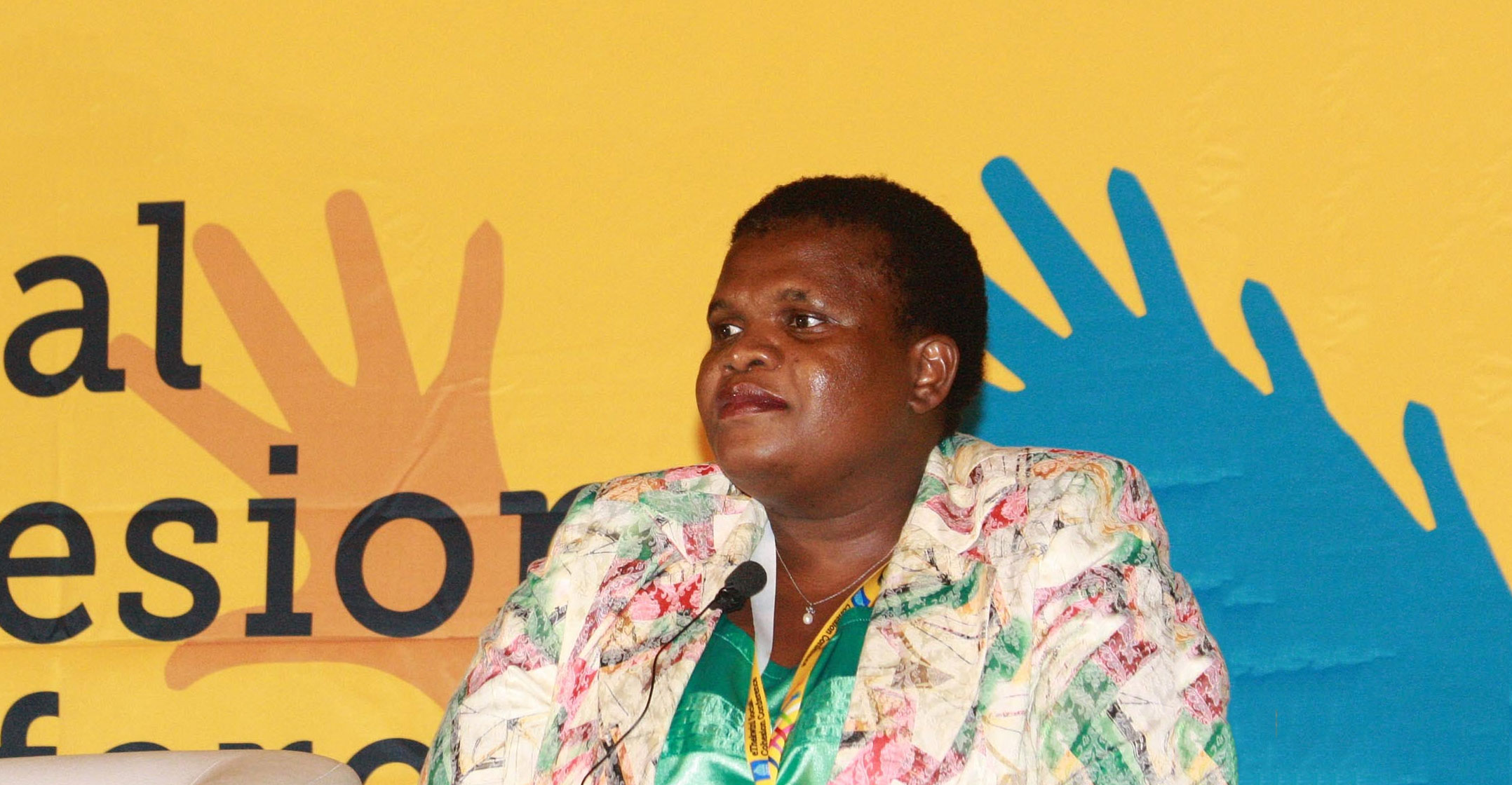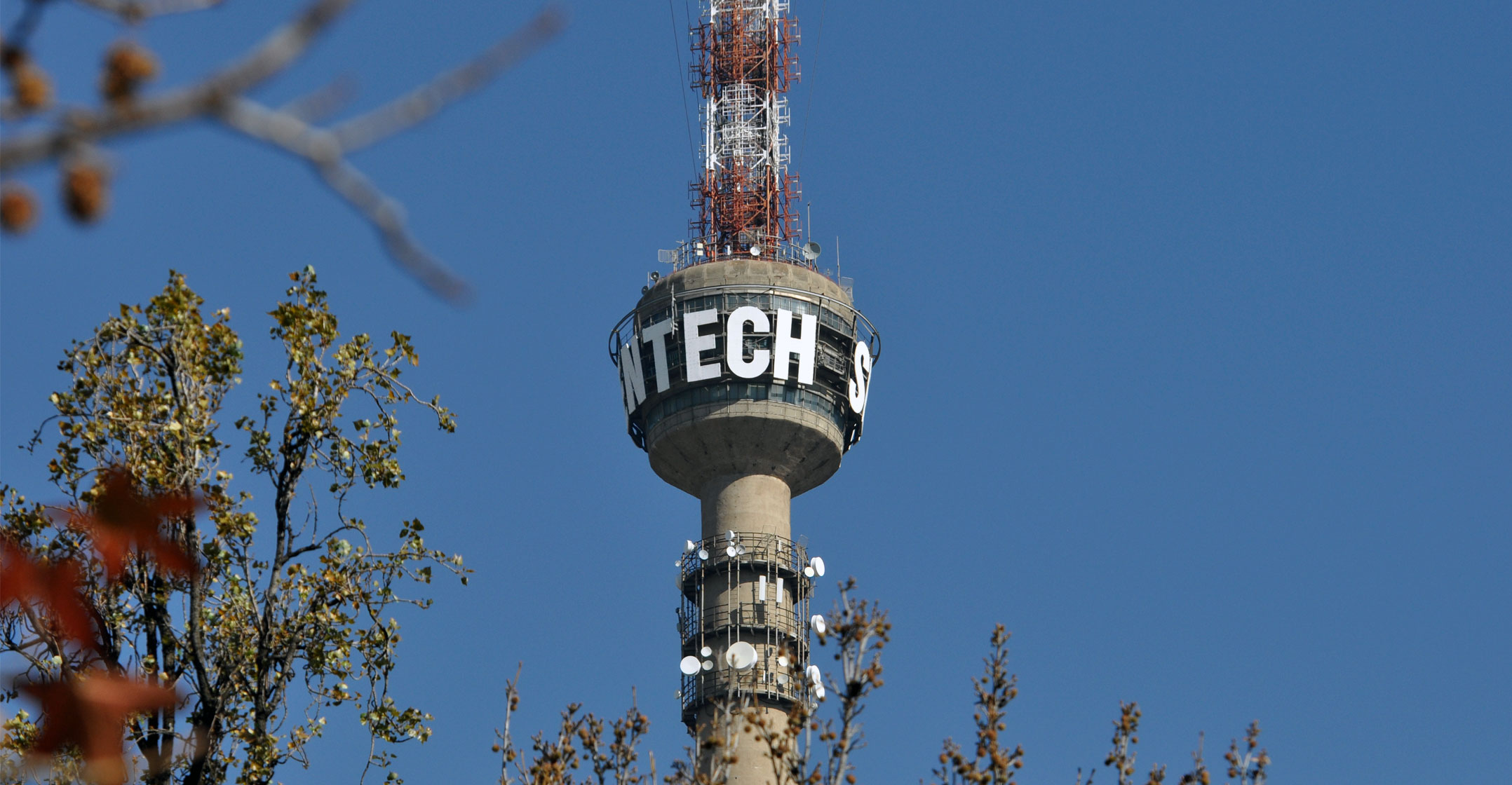
[dropcap]T[/dropcap]he constitutional court on Thursday upheld an appeal by MultiChoice subsidiary M-Net, the SABC and the minister of communications against a ruling by the supreme court of appeal that the minister (at the time Faith Muthambi) had acted irrationally when issuing a policy document that vetoed the use of encryption in state-sponsored set-top boxes used for the reception of digital terrestrial television broadcasts.
If you’re already confused, you’re probably not the only one. This is just the latest episode in a saga that has been going on for more than 10 years, and this probably isn’t the finale. In fact, the ruling may have no actual impact as the new minister of communications, Ayanda Dlodlo, has publicly stated that she would like to revisit the policy.
The process of digital television signal migration is a complex one, especially given that it is at the nexus of technology, state economic policy and of commercial interests. By taking an aggressively interventionist approach, the South African government, through successive communications ministers, has exacerbated that complexity to a degree that it is now difficult to fathom the underlying issues and the various parties’ motives.
A reading of the constitutional court judgment, however, shows that the highest court in the land could make sense of the various arguments: the majority judgment is a coherent, pragmatic and utilitarian ruling. What is especially gratifying is that the technical, legal and economic aspects of conditional access, signal encryption/decryption and a “control system” were not misunderstood by the court. In the public discourse on this matter, some of those aspects have been (perhaps willfully) confused or conflated.
In a perfect world, this ruling would allow for the stalled production programme of set-top boxes to restart, the distribution to sponsored households to begin, and ultimately the termination of analogue terrestrial TV broadcasts. The improved efficiency of digital broadcasts would then allow valuable radio frequency spectrum to be released for other uses — primarily mobile communications.

This migration from analogue to digital television should have been completed by June 2015 to meet agreed deadlines of an International Telecommunication Union agreement signed in 2006. However, mismanagement and ineptitude by various ministers, along with squabbling and court action by broadcasters and manufacturers, has meant that this deadline was never even close to being met. The revised Southern African Development Community deadline of June 2016 has also passed by with little to show. And, given the delays caused by this court action, it is unlikely that this project will be completed much before 2020.
Encryption
So, what is the issue with encryption? Why is it a good or bad thing, depending on who you choose to believe?
The issue goes back to 2005 when South Africa began the digital terrestrial television migration process. Government was aware that there were a significant number of households (estimated at 5m) that would not be able to afford the equipment necessary to receive a digital signal. It was decided that the state would subsidise the boxes for these households to ensure that they had access to TV communications.
One of the subjects debated by the various working groups, which included government, industry and broadcasters, was the issue of conditional access (CA). A CA module in a set-top box allows a broadcaster to enable or disable particular channels (usually by enabling decryption of an encrypted signal). Typically, these modules use smartcards, exactly as you’d see in a DStv decoder, but software CA is also common. This option was rejected by the broadcasters as they saw no value in encrypting free-to-air transmissions, and these boxes were to be used for this. Typically, CA and encryption are used to secure pay-TV subscription services.
Initially, it seemed that encryption and CA were to be rejected (they added taxpayer-funded costs to each decoder, were technologically complex and they were simply seen as unnecessary). In addition, the boxes were seen as a stopgap measure as it was envisioned that over time, new television sets would incorporate the digital tuner required, and stand-alone set-top boxes simply wouldn’t be required. It was argued that localised CA and encryption would also make it unlikely that international TV manufacturers’ products would be compatible, meaning that the boxes would have to be produced for a much longer period at a comparatively higher cost, thus enriching certain individuals and draining the fiscus.

Lobbying
However, over time, a lobby for encryption grew. This was led by two groups with particular commercial interests: a broadcaster and an association of manufacturers.
E.tv reversed its stance on encryption. An objective observer might attribute this to the broadcaster exploring the potential of pay-TV broadcasting. The costs of rolling out a decoder to millions of households to compete with MultiChoice is substantial. So, if a broadcaster was able to piggy-back on the roll-out of state-sponsored boxes, there would be significant cost savings compared to manufacturing its own decoders.
E.tv, though, has consistently denied that this was its plan, and has argued that the reason for the flip-flop was for the “promotion of competition” and to ensure that a diversity of views available for South African society. It must be noted that no other South African broadcaster (community, commercial free-to-air or pay-TV) in South Africa shares this view. All other broadcasters argue that encryption is a pay-TV technology, for commercial gain.
Certain electronics manufacturers also started to lobby for encryption. By increasing the localisation of the set-top box, the competition from standardised imported TVs and boxes was reduced. In addition, should encryption be included as a feature, the box would no longer be a stopgap, but would be a requirement for all TVs going forward. That would lead to significantly more production over time.
Government policy on encryption swung as well, likely due to lobbying from new entrants into the manufacturing industry, as well as the argument that additional pay-TV competition to Naspers-owned MultiChoice was seen as positive. After three successive communication ministers had demonstrated their inability to create coherent policy and regulation for the migration process, minister Yunis Carrim — arguably the most competent and pragmatic minister to hold the portfolio (albeit briefly) — laid out policy for the set-top boxes. The policy specified that the state-sponsored boxes had to include the ability to decrypt an encrypted signal. All broadcasters (with the exception of e.tv) made submissions to the minister to argue that introducing encryption was an expensive folly. But Carrim never really had a chance to respond: he was bundled out of the portfolio after only 10 months and replaced by Muthambi.
Muthambi then issued a revised policy document in 2015 that stated the following:
- Signal decryption capability was not mandatory for local set-top boxes;
- Government-subsidised boxes would not include decryption;
- Government-subsidised boxes would include a control system to ensure that they are not exported from South Africa;
- Non-subsidised boxes did not have to include this control system.
E.tv took the minister to court, arguing that her decision to revise the policy was irrational, arguing also that the minister was secretive and evasive when asked to justify the decision. The case was heard in the high court and was dismissed. E.tv then appealed in the supreme court and its appeal was upheld.

In February 2017, an appeal of that decision, brought by the minister, the SABC and M-Net was heard in the constitutional court. The judgment in this appeal was handed down on Thursday. It is particularly scathing of e.tv’s motives, noting that “its position is particularly striking in that it has been able to articulate quite forcefully, at times persuasively, two diametrically opposed viewpoints. Initially, against the inclusion of decryption capabilities in set-top boxes in order to save the taxpayers’ money, avoid enriching individual entities at government expense and promote competition, but later in favour of the inclusion of decryption capabilities in government-supplied set top boxes. The latter is now said to be done for the promotion of competition and the advancement of the best interests of the public by ensuring that there is fairness and diversity of views broadly representing South African society.” The justices also noted that it is “concerning that [e.tv] seeks to ride on the back of a government project to realise its entrepreneurial vision”.
Muthambi, although successful in the appeal, is not spared censure. She is scolded for her “concern-evoking evasive and ‘suspicious’ responses or lack thereof to pertinent questions raised by e.tv”. Despite her “inappropriate” action in not disclosing the parties with whom she consulted before issuing the policy document, the court found that she had not acted irrationally.
The judgment is very clear on the issue of judicial overreach and makes it clear that it is ruling only on the rationality of the policy document issued, not the policy itself. But it must be stated that Muthambi’s policy revisions, whatever her reasons were, were the right ones for South Africa. Muthambi has been shown to be inept and possibly ethically compromised, but much like a stopped watch is right twice a day, she was correct in this: omitting decryption from the state-sponsored set-top boxes is the right decision.
There is no guarantee, of course, that that will be the case. Muthambi’s replacement, Ayanda Dlodlo, has said she favours relooking the encryption issue because Muthambi’s policy did not mirror that of the ANC. What she should be aware of is that, until there is policy certainty, the process of migration cannot continue, and that delays access to the digital dividend that the mobile operators need for broadband. The poor management of this process by successive ministries over the past decade has had a direct negative impact on South Africa’s GDP. Hopefully, it won’t continue on the new minister’s watch. — © 2017 NewsCentral Media
- Andrew Fraser is an independent marketing consultant. He spent a large portion of his working life in a multinational electronics corporation and was, for a time, responsible for the marketing of consumer televisions in South Africa

